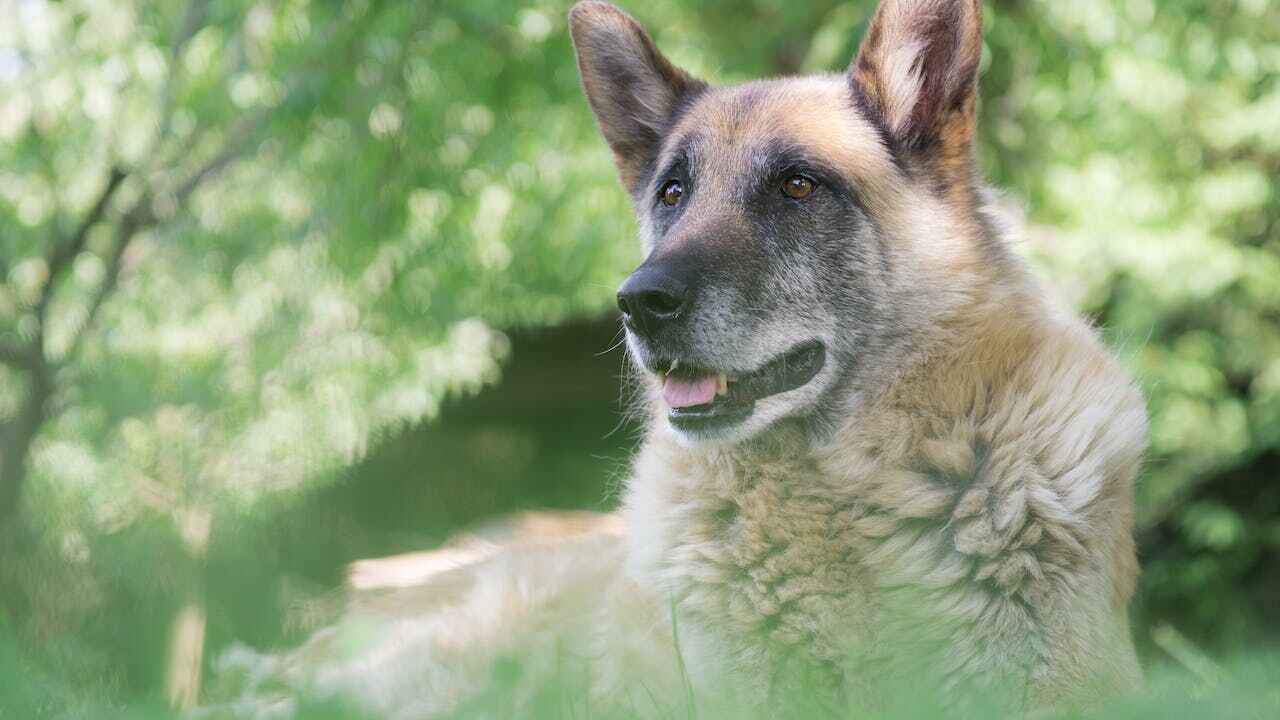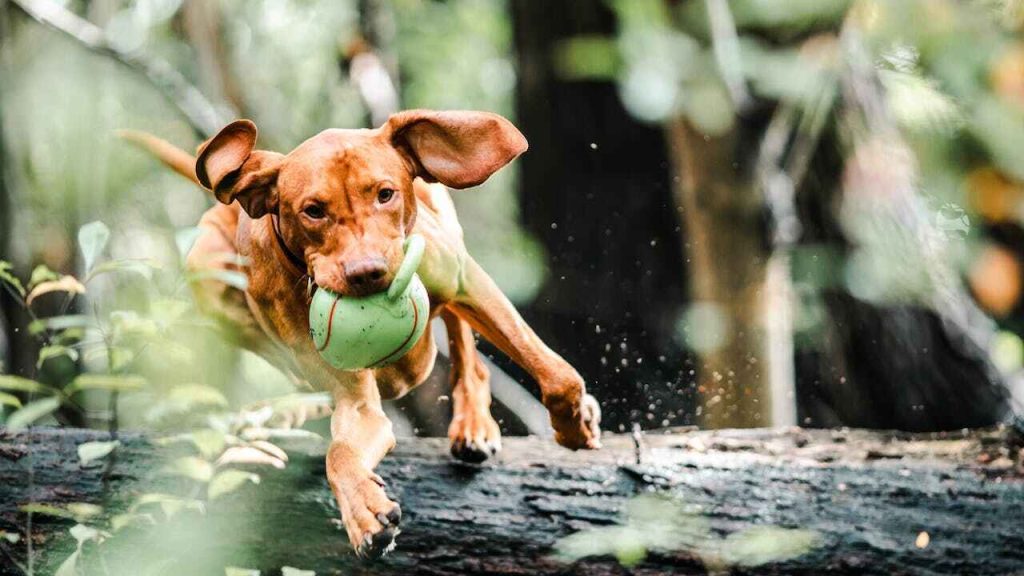The beginning, while introducing the subject presents a concise summary of German Shepherds and accentuates the significance of understanding their life stages. It seeks to grab the attention of the reader and thus interest him or her into a particular phase, which is that of development for a 10-month-old German Shepherd.
The 10-Month Milestone
This section discusses physical and behavioral changes in a ten-month-old German Shepherd. It points out the significant dimension and weight modification as well as a developing fur – restoring the demand of specialized attention. The behavioral components relate to the enhanced levels of energy and the marked advancements in socialization skills, necessary for a complete pet.
Nutrition and Health
This section, which points to the dog’s welfare, leads the reader to their nutritional considerations. It pertains to protein needs and balanced nutrition, which leads to common health issues highlighting a necessity for vaccinations and vet check-ups.
Training and Socialization
This section explains training and socialization importance, as such it further helps to define obedience training into simple commands and reinforcement methods. It also studies socialization advice that focuses on how other dogs should be engaged and how vivacious surroundings need to be sought for a healthy, happy pet.
Exercise Needs
This section focuses on the significance of physical activity for a dog and specifies some good exercises such as walks and interactive games in which she or he can be involved at the age of 10 months, namely, German Shepherd. It emphasizes the importance of consistent physical activities in preserving mental and physical health.
You May Like to Read: 4-Month-Old German Shepherd Care
Mental Stimulation
This part discusses the cognitive growth of a 10-month-old German Shepherd, as well as activity suggestions like puzzle toys and training games. It highlights the importance of mental stimulation to ensure that the mind activity between a dog and its holder is not diminished by boredom.
Grooming Tips
To address the grooming part, this section outlines instructions regarding coat care and establishes reliable intervals for bathing to guarantee a clean dog and healthy hair.
Common Behavioral Issues
The section on dealing with common behavioral issues suggested solutions to address chewing habits and separate anxiety, offering practical suggestions that could help maintain a healthy bond between the owner and the pet.
Creating a Safe Environment
This section addresses the living space in particular and instructs the reader about how to puppy-proof surroundings and make them comfortable so that the dog’s safety and welfare depend on this.
Conclusion
The conclusion summarizes it sums up some key points discussed in this manual and once more, emphasizes committed ownership. It acts as a reminder that keeping a happy and healthy German Shepherd alive will require dedication.
Frequently Asked Questions
How regularly should I wash my 10-month-old German Shepherd?
It is not necessary to bathe regularly, once every 2-3 months is mostly adequate. As it happens, excessive bathing may deprive them of natural oils in their coats hence skin conditions.
What should make part of my German Shepherd’s diet for better health?
The best diet should therefore be balanced and contain proteins of good quality, vegetables and grains. Discuss with your vet about personalizing the diet based on individual needs such as activity level and health condition.
How can I address separation anxiety in my German Shepherd?
Begin with short periods of separation and make them longer. Parting with comfort items such as favored toys or blankets and involving them in interactive toys would be good to keep them interested during the absence.
Does a 10-month-old German Shepherd have specific exercises to be avoided?
Exercise is essential; however, keep away from high-impact activities that may distress their growing joints. Choose moderate running and watersports to maintain a fine balance between exercise restrictions and joint protections.
Why is socialization important for my German Shepherd?
Socialization makes your dog have proper behavior and reduces the chances of developing fear and aggression. Contact with many individuals, environments, and other dogs has a positive influence on the temperament of Uashits.

